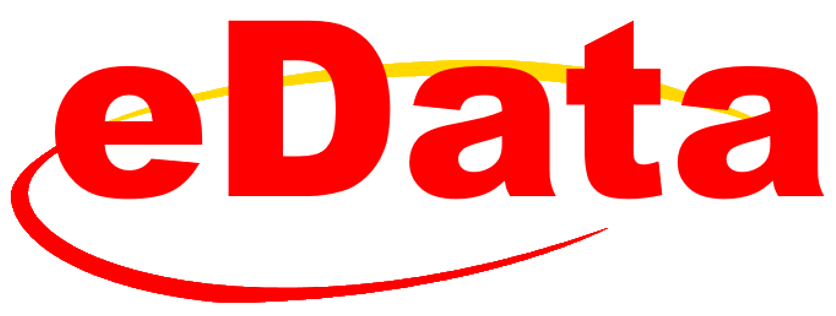A. Which payments are subject to SOCSO contribution and which are exempted?
Payments Subject to SOCSO Contribution
“Wages” for contribution purposes refers to all remuneration payable in money by an employer to an employee.
This includes:
1.Basic Salaries
2.Overtime payments
3.Commissions
4.Payments in respect of leave
5.Service charges
Payments Exempted From SOCSO Contribution
The payments below are not considered “wages” and are not included in the calculations for monthly deductions:
-Any contribution payable by the employer towards any pension or provident fund
-Any travelling allowance
-Any gratuity payable on discharge or retirement of the employee
-Any sum paid to cover expenses incurred by the employee in the course of his duties
-Annual bonus
-Gifts – eg, cash payments for holidays like Hari Raya, Christmas
B. Which payments are subject to EPF contribution and which are exempted?
Payments Subject to EPF Contribution
In general, all monetary payments that are meant to be wages are subject to EPF contribution.
These include:
-Salaries
-Payments for unutilised annual or medical leave
-Bonuses
-Allowances (except a few, see below)
-Commissions
-Incentives
-Arrears of wages
-Wages for maternity leave
-Wages for study leave
-Wages for half day leave
-Other contractual payments or otherwise
Payments Exempted From EPF Contribution
The payments below are not considered “wages” by the EPF and are not subject to EPF deduction.
Service charges (tips, etc)
-Overtime payments
-Gratuity (payment to employee payable at the end of a service period or upon voluntary resignation)
-Retirement benefits
-Termination benefits
-Travel allowances
-Payment in lieu of notice of termination of service (payment given when employee’s service is terminated)
-Director’s fee
-Gifts (includes Cash Payments for holidays like Hari Raya, Christmas etc.)
C. What is the Employment Insurance System (EIS)?
The Employment Insurance System (EIS) was first implemented in January 2018 by PERKESO. It is a financial scheme aimed at helping employees who lost their jobs until they find new employment. The contributions are being collected in a fund in order to provide financial assistance to retrenched employees. It also aims to provide extended welfare coverage and aid in job search via career counselling and job-hunting assistance.
1. Employer & Employee Contributions
All private sector employers need to pay monthly contributions for each employee. Civil servants, domestic servants and those who are self-employed are exempted. All employees from 18 years of age until 60 years of age have to contribute except for employees aged 57 years and above and no contribution has been paid before reaching 57 years. Defined contribution coverage is subject to the insured ceiling (GYD) of RM 4000.00.
2. Contribution Rates
The contribution rate for EIS is ~0.2% of the employee’s salary (employer share) and ~0.2% of the employee’s salary (employee share). The maximum eligible monthly salary is capped at RM 4,000.


